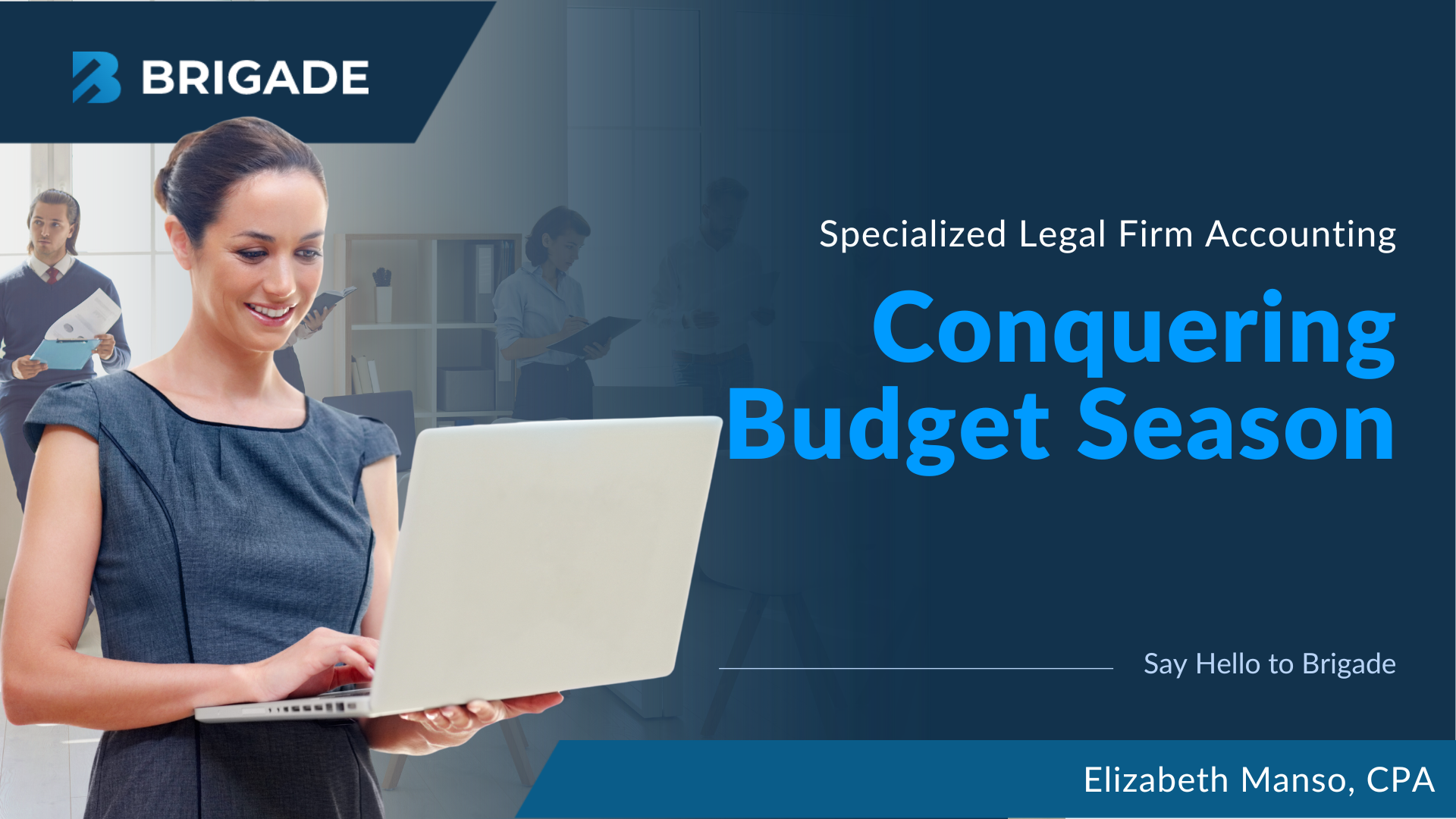 There are so many people I know who were victims of the Target fraud scandal. Target says 40 million credit and debit card accounts may have been compromised. While you may not notice any unusual activity on your account now, be on the lookout in the future and even on your tax returns. That’s because thieves are using stolen personal information to file phony tax returns.
There are so many people I know who were victims of the Target fraud scandal. Target says 40 million credit and debit card accounts may have been compromised. While you may not notice any unusual activity on your account now, be on the lookout in the future and even on your tax returns. That’s because thieves are using stolen personal information to file phony tax returns.
Stolen Identification Refund Fraud or SIRF is a huge problem, especially in Florida. Here’s how it works: Criminals steal your personal information, like your Social Security number, and file a fake tax return with fake income and withholding. They do such a good job, that the IRS doesn’t always catch it, and then sends the criminal a tax refund check.
Law enforcement officials and the IRS are trying to prevent more of these fraud crimes from happening. In the meantime, there are ways you can avoid becoming a victim:
USE A SECURE CONNECTION
If you plan to e-file your tax return, make sure you use a secure connection. It’s better to file from home or have your accountant or bookkeeper file from their office, rather than at a public Wi-Fi hotspot. Don’t be afraid to ask your accountant or bookkeeper if their connection is secure.
FILE EARLY
The IRS suggests you file your taxes early in the season, before the bad guys have a chance to. If someone tries to file a return in your name after you’ve already done so, then alarms will sound, and you’ll receive a letter letting your know.
SNAIL MAIL SAFETY
If you or your accountant plan to mail in a return, make sure it’s taken directly to a post office or given to a mail carrier. Do not leave tax returns in your mailbox, where someone could reach in and steal it.
PROTECT YOUR PERSONAL INFORMATION
This means don’t give out your Social Security number, Tax Identification number or your Medicare number, unless it’s absolutely necessary. Ask the person who requests it why it’s needed and where the information will be stored
VET YOUR ACCOUNTANT
Before you turn over your personal information to any accountant or bookkeeper, even at a nationally named firm, check them out. Check with your state’s CPA society or state board of accountancy, which is the organization that licenses CPA’s.
If your CPA is a member of the American Institute of Certified Public Accountants or AICPA, you can log onto their website to see if the CPA has been disciplined by the agency. You can also e-mail the best private investigator I know, Marc Hurwitz of Crossroads Investigations, at marc@xinvestigations.com. He’s a former CIA (yes, Central Intelligence Agency) analyst, who can find out anything about anyone. Finally, you can e-mail (Elizabeth@dmaccounting.net) or call us, if you have any questions about tax fraud.
Hopefully, you won’t become a Tax fraud victim, but if you do, you will know because the IRS will mail you a letter saying so. If someone calls you or e-mails you with the news, then this too could be a scam. If you feel you’re a victim, call the IRS ID Theft Protection Specialized Unit at 1-800-908-4490 and contact your local law enforcement officials as well.
Have a safe and sound week!

